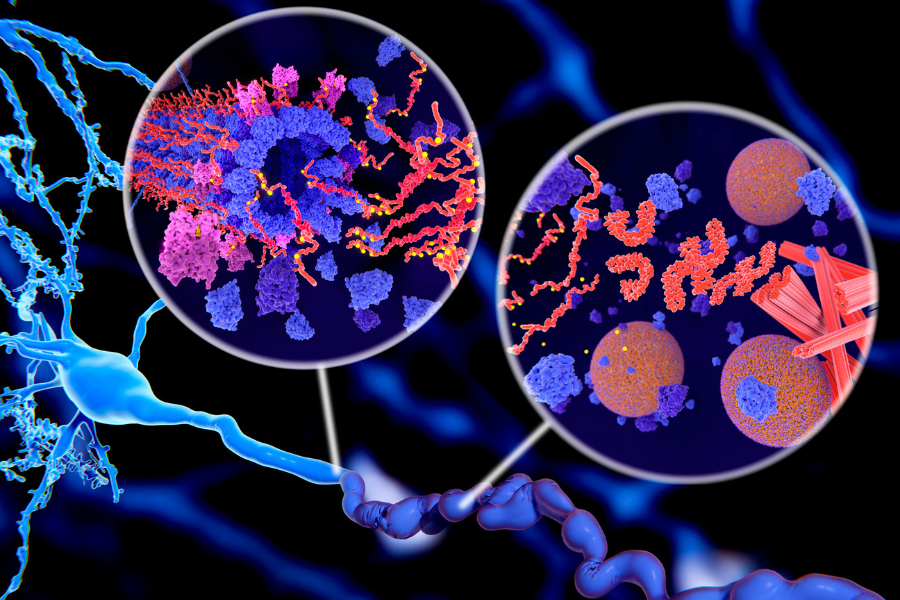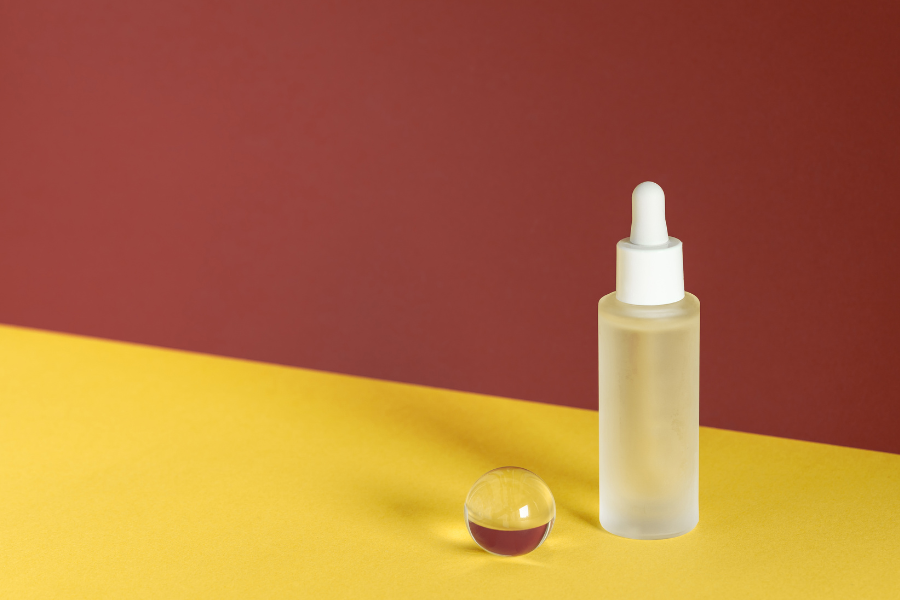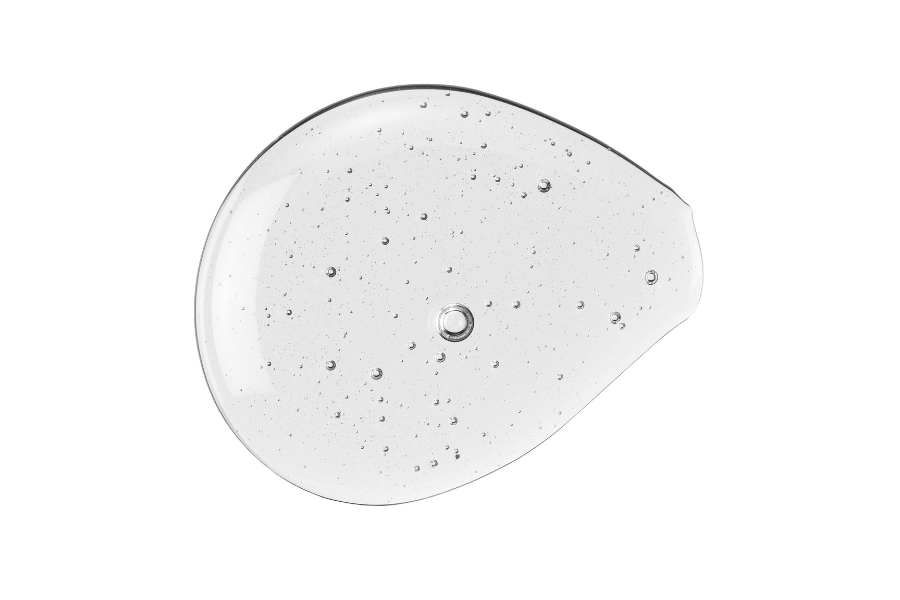What we Love About KPV:
KPV is part of the BEST Gut repair blend we have ever experienced. Limitless Biotech Gastro Inflammation Formula has KPV, BPC-157 and Larazotide. [ LINK https://www.limitlesslifenootropics.com/product/gastro-inflammation-research-formula-60-capsules/ ]. KPV is great for gut inflammation. It would be a solid peptide to stack with BPC-157 injection for systemic inflammation as well. But it certainly shines in the gut repair realm.
Overview:
KPV is a naturally occurring peptide in the body, derived from the hormone alpha-MSH. This peptide, belonging to the alpha-melanocyte-stimulating hormone family, has garnered attention due to its immunomodulatory and anti-inflammatory properties, by regulating mast cells within the immune system.
Available in different forms such as creams, injectables, and oral capsules, the choice of administration depends on the targeted area. It acts as a superhero within our cells selectively targeting exhibiting inflammatory activity and directly interacting with inflammatory signaling molecules.
What Is KPV Peptide
KPV is a naturally occurring peptide in the body, derived from the hormone alpha-MSH. It is a tripeptide made up of the amino acids valine (V), proline (P), and lysine (K). KPV has attracted attention in scientific research due to its anti-inflammatory and immunomodulatory characteristics.
After enzymatic separation from the larger α-MSH molecule, KPV retains these properties in a more specific and concentrated form. KPV has shown potential in managing conditions like Inflammatory Bowel Disease (IBD) and colon cancer.
How Does It Work
KPV peptide works by targeting inflammatory processes within the body, leveraging its unique composition of amino acids (Lysine, Proline, and Valine) to modulate immune responses. Enzymatic separation from its precursor molecule refines the anti-inflammatory and immunomodulatory characteristics of KPV. KPV inhibits the synthesis of pro-inflammatory signaling molecules by preferentially interacting with cells expressing inflammatory activity after it is introduced into the system.
This focused approach helps to restore immunological balance while simultaneously reducing inflammation. KPV is effective at treating several ailments, such as dermatitis, inflammatory bowel disorders, and arthritis, by controlling mast cells and immunological reactions. It is a potential therapeutic agent for the treatment of inflammatory illnesses and the promotion of overall wellness due to its capacity to fine-tune immune function.
Benefits of KPV
KPV offers a broad spectrum of potential anti-inflammatory benefits that can improve overall well-being. Here are some of the most notable benefits:
Reduce Inflammation
Numerous clinical studies highlight the powerful anti-inflammatory properties of KPV through several routes. KPV interferes with inflammatory signaling molecules directly upon cell entrance, interrupting inflammatory pathways within cells. Its subcellular presence allows it to block chemicals that cause inflammation, which has several positive effects on gut health.
KPV efficiently suppresses immune cells and intestinal epithelial cells’ proinflammatory pathways. KPV significantly reduces colitis-induced inflammation, demonstrating that direct engagement with immune cells improves inflammation reduction. Its inhibition of proinflammatory cytokine production and release is the cause of this decrease. Interestingly, oral KPV delivery reduces pro-inflammatory cytokines, which may reduce the occurrence of colitis and show promise in the treatment of inflammatory bowel diseases (IBDs).
Anti-Microbial
Apart from its anti-inflammatory properties, KPV also exhibits antimicrobial effects against pathogens. These antimicrobial effects were observed against two prevalent pathogens, S. aureus and C. albicans. S. aureus, a bacterium commonly found in the upper respiratory tract and on the skin, typically remains harmless; however, it can lead to infections under certain circumstances. On the other hand C. albicans, an opportunistic pathogenic yeast, poses similar risks.
In a study, KPV significantly impeded the formation of S. aureus colonies. With its dual attributes of anti-inflammatory and antimicrobial properties, KPV proves highly beneficial in combating these microbes and facilitating wound healing.
Wound Healing
Research into wound healing indicates that KPV accelerates the healing process, reduces infection rates, combats inflammation, and contributes to improved cosmetic outcomes. These advantages are observed at physiologic concentrations, suggesting KPV’s potential in preventing infections in severe wounds such as burns.
KPV effectively diminishes the inflammatory response associated with hypertrophic scar formation, resulting in smaller scars and a milder inflammatory reaction when administered, likely due to its modulation of collagen metabolism. With such encouraging findings in wound treatment, KPV and similar peptides are poised to become integral components in the field of wound healing and post-surgical scar reduction.
Cancer
KPV treatment may decrease tumorigenesis. Tumorigenesis, also known as carcinogenesis, is the process by which healthy cells change into cancerous ones. KPV was adequate to reduce carcinogenesis-related inflammation. It may be possible to inhibit colonic carcinogenesis before it starts by using KPV prior to the onset of colon cancer. However, the precise mechanism by which KPV decreases tumorigenesis is not yet fully understood.
KVP Side Effects
KPV peptide doesn’t have any notable side effects. It has been shown in animal studies to be safe and effective when administered orally, intravenously, subcutaneously, and transdermal. However, there is always the chance of potential interactions with other medications a person may be taking. It’s important to consult with a medical professional or a peptide expert before starting a peptide regimen.
Conclusion
KPV is a potent anti-inflammatory peptide that shows promise for use in a range of ailments. Its effectiveness in treating irritable bowel disorder (IBD) is the subject of much contemporary study, with particularly encouraging results. Safety evaluations have shown that KPV administered orally, subcutaneously, and topically is safe, well-tolerated, and free of major adverse effects. The results of research highlight the many advantages of KPV, such as reduced infection rates, quicker wound healing, and reduced inflammation.
FAQ
How Long Does KPV Peptide Take to Work?
KPV peptide’s time to take effect can vary depending on the condition being treated. For instance, a study involving rabbits with corneal abrasions showed that eyedrops containing KPV led to complete healing within 60 hours.
What Is KPV Peptide Good For?
The anti-inflammatory and anti-microbial properties of KPV peptide are well-known. It has been shown to improve gut health, skin disorders like psoriasis, and illnesses like colitis and inflammatory bowel diseases (IBD) may benefit from its ability to promote wound healing and reduce inflammation.
Can KPV Be Taken Orally?
Yes, KPV can be administered orally. It is available in tablet form, which makes it convenient for oral consumption
Does KPV Peptide Have Side Effects?
Current research suggests that KPV, being a naturally derived tripeptide, does not have any notable side effects. However, as with any therapeutic agent, individual responses can vary, and it’s important to consult with a healthcare provider for personalized advice.
Get Started, Book a Free Consultation
Book a free 20-minute consultation to learn more about how this peptide can help you.




